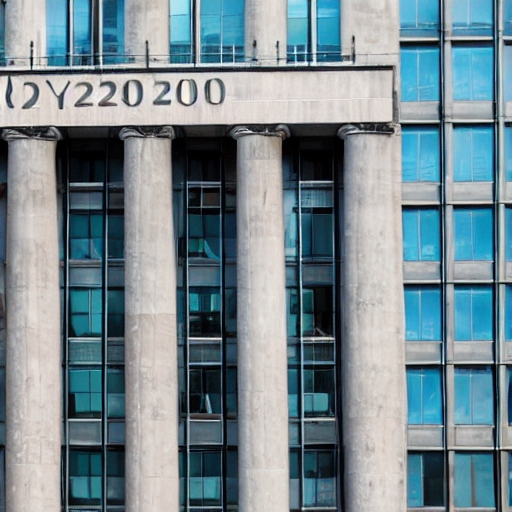The Financial Stability Board of the G20 asserts that in order to prevent explosions like those seen at the FTX exchange and other crypto disasters, crypto firms are compelled to install fundamental safety precautions.
The G20 recommended that the FSB submit final recommendations on Monday regarding regulating companies that deal in crypto assets like bitcoin. Following the discontinuation of the TerraUSD/Luna coins, the watchdog modified its stablecoin recommendations.
Prioritizing strong governance to prevent conflicts of interest, effective risk management, and disclosures to guarantee that customer money is kept separate from company cash, both borrow common guard rails from mainstream finance before the industry becomes sufficiently large to pose a risk to the stability of the financial system.
The FSB warned that there could be more spillovers from crypto asset markets into the larger financial system, as recent events have demonstrated, if links to traditional finance were to strengthen.
The collapse of FTX in November 2022 exposed risks from cryptocurrency enterprises, and the FSB advised all nations—including those that are not watchdog members—to follow the guidelines. FTX had its headquarters in the Bahamas but did not belong to the FSB.
The FSB Secretary General, John Schindler, told reporters that as a result, participants in the cryptocurrency market must cease operating outside the legal framework or in violation of current regulations.
As our framework makes it obvious what criteria should be followed, these parties will no longer be able to claim that there is a lack of regulatory clarity, said Schindler.
Bitcoin has reached 13-month highs as the market recovers from last year’s meltdown. This recovery has been aided by Ripple Labs Inc.’s landmark judicial victory on Thursday after the company had argued that tokens should fall under the purview of U.S. securities legislation.
The first comprehensive set of rules for crypto asset markets has already been approved by the European Union, but the FSB’s ‘global baseline’ minimal standards are designed to be adaptable enough to enable for jurisdictions that want to go further than usual.
It is anticipated that more action would be taken to improve the FSB regulations by the Basel Committee and IOSCO, two international banking and securities watchdogs.
IOSCO presented its initial global plan in May to regulate daily operations in the cryptocurrency industry.
The FSB, whose members pledge to adhere to set standards, will assess their application by the end of 2025.








